Algae oil vs fish oil: which is best for boosting omega-3?
Looking for an omega-3 supplement? We compare the benefits of algae oil vs fish oil
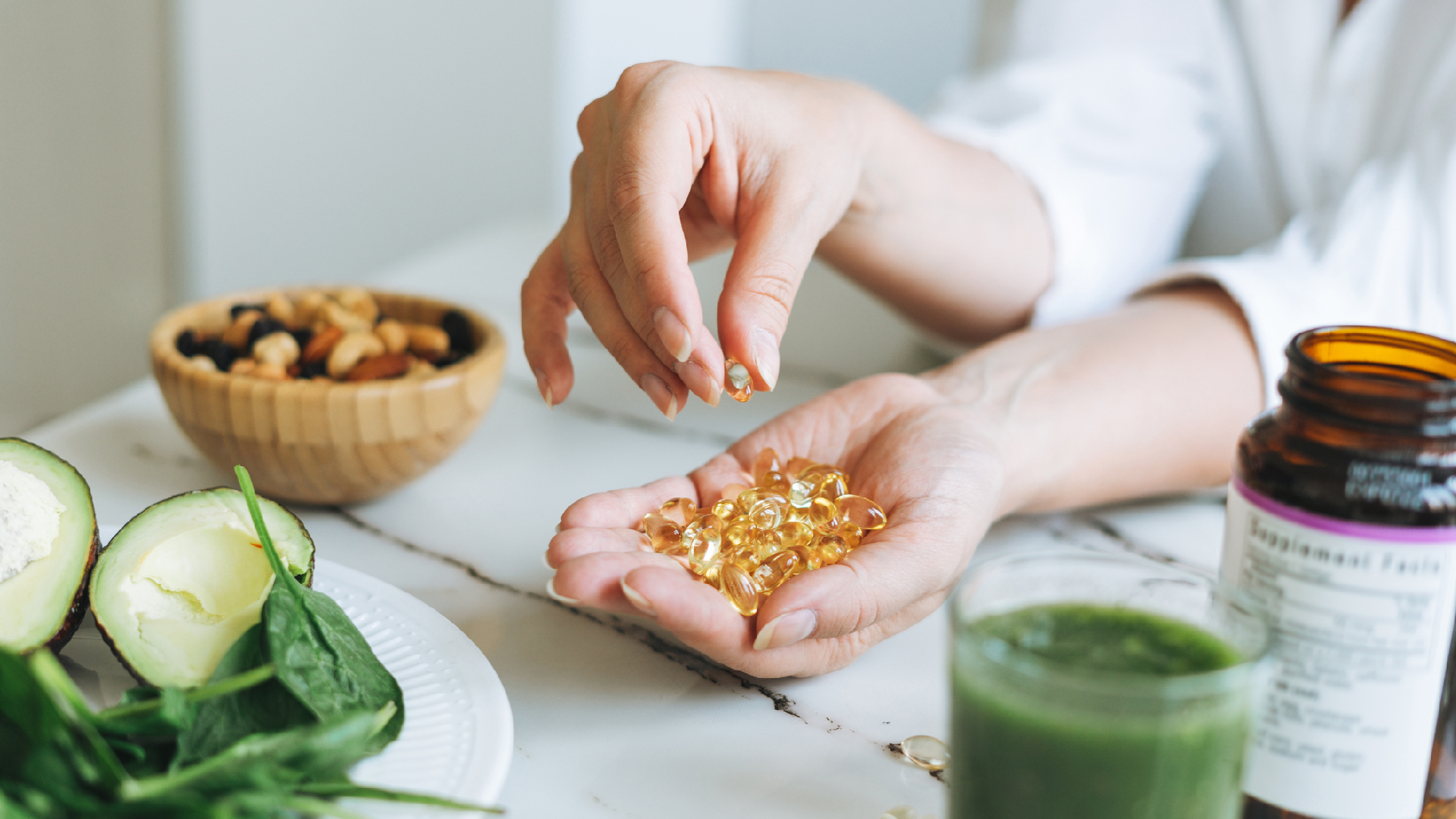

Algae oil vs fish oil — which is best for boosting omega-3? You've probably heard a lot about the benefits of this fatty acid. According to a variety of studies, it’s great for lowering blood pressure, improving heart and brain health and boosting the appearance of the hair, skin and nails.
With numerous celebrities, including Chrissy Tiegen, Victoria Beckham, Eva Mendes and Mariah Carey touting its benefits, it’s easy to see why the best fish oil supplements, which are packed with omega-3, have increased in popularity.
According to the National Center for Complementary and Integrative Health, omega-3 is important for relieving symptoms of rheumatoid arthritis, macular deterioration and can potentially reduce the risk of heart disease. Some studies show that omega-3 can also potentially reduce skin complaints, improve skin hydration, reduce hair loss and even speed up wound healing too.
But getting the right amount of omega-3 isn't as easy as it might sound. You may be wondering about the differences between algae oil vs fish oil. Which is the best for boosting your omega-3 levels? And do certain people benefit more from one than the other?
We'll be looking into omega-3 and the key differences in the algae oil vs fish oil debate so that you can start purchasing supplements. For one, algae oil can offer a potential omega-3 alternative for those following a vegan diet. Read on to find out more.
What is algae oil?
You may have heard of algae oil, or algal oil, as a special omega-3 supplement. In fact, there are numerous algae oil products on the market, usually targeted at vegans.
Algae oil is typically used as an omega-3 supplement. Unlike fish oil, algae oil is made from marine algae, making it a suitable alternative for people who don't eat fish.
Get the Fit&Well Newsletter
Start your week with achievable workout ideas, health tips and wellbeing advice in your inbox.
"Algae oil is exactly what it sounds like," says medical doctor Dr Laura Purdy. "It is an oil that is extracted from certain algae."

Dr Laura Purdy is a board-certified family medicine physician who served in the United States Army for 14 years. She has worked throughout the medical field in both outpatient and inpatient capacities.
Purdy explains that algae oil is "nutritious and power-packed with omega-3 fatty acids". It is a great source of docosahexaenoic acid (DHA) and eicosapentaenoic acid (EPA), which are important omega-3 fatty acid variants.
"Fun fact," says Purdy, "the algal oil comes from the same microalgae that are commonly eaten by fish. Then through the digestion process, fish become enriched with the omega-3 fatty acids that they have consumed by eating the algae. So, in the end, the source of the omega-3 fatty acids is technically the same as the microalgae."
In other words, algae oil contains the same omega-3 as is found in fish oil supplements.
Is algae oil as good as fish oil?
According to Purdy, algae oil is as good as fish oil. "Because algae is a food source of the fish and is what fish oil is derived from, it is just as good to utilize algal oil as fish oil as a source of omega-3 fatty acids,” she says.
While fish oil may be the more popular supplement choice, algae oil is a fantastic alternative for vegans (or for people who dislike the taste of fish oil) as it contains the same fatty acids. Of course, not all supplements contain the same levels of omega-3 per serving size. With fish oils and algae oils, it’s important to check the label to ensure you’re getting the right amount of omega-3 per dose. If you’re unsure about how much omega-3 you require, it’s best to speak to your doctor to find out which specific supplement is the right choice for you.

What are other vegan sources of omega-3?
While algae oil is a great alternative for vegans looking to supplement their omega-3 intake, there are plenty of other options that offer omega-3. If you dislike the texture or taste of an oil supplement these foods are a great substitute. And the upside is that you can use most of these in recipes from the best vegan cookbooks, too.
Nuts and seeds
“Nuts and seeds are an excellent way to get omega-3 fatty acids, including chia, flax, and hemp seeds, walnuts, soy, and kidney beans,” says Purdy.
Create your own nut mix and keep it in the cupboard for when you need a snack, and your diet will be filled with extra omega-3. You could also put some chia or flax seeds into your morning smoothie to get an extra dose of omega-3 fatty acids.
Seaweed and algae
“Seaweed and algae are excellent sources, as are avocados,” says Purdy.
Try having sushi filled with avocado for an omega-3 boost if you’re a vegan. You can also try salted algae crackers; these are a great vegan snack and a little more fun than a spoonful or capsule of algae oil.
Green vegetables
“Many green vegetables, such as brussels sprouts, spinach, kale and broccoli are also fantastic dietary sources,” says Purdy.
Even if you’re not a big fan of eating algae, there are lots of other green foods that offer omega-3; simply whip up a kale salad with some broccoli and you’ll get your daily dose.
Verdict
While fish oil may be more popular than algae oil with supplement aficionados, as it turns out, algae oil is a perfectly acceptable substitute for vegans and plant-based eaters that offers the same nutritional benefits. Plus, many people may find that algae oil doesn’t have that off-putting fish taste that sometimes occurs with fish oil.
As always, we recommend speaking with your doctor before changing your diet or your supplement routine.
Meg is a freelance journalist and features writer based in the UK. She covers culture, entertainment, lifestyle and health. Her writing has appeared in Cosmopolitan, Shondaland, Healthline, HelloGiggles, Reader’s Digest, Apartment Therapy, and more. Meg has been interested in fitness for over a decade. She loves trying a wide range of exercise techniques including yoga, hiking, pilates and HIIT.
-
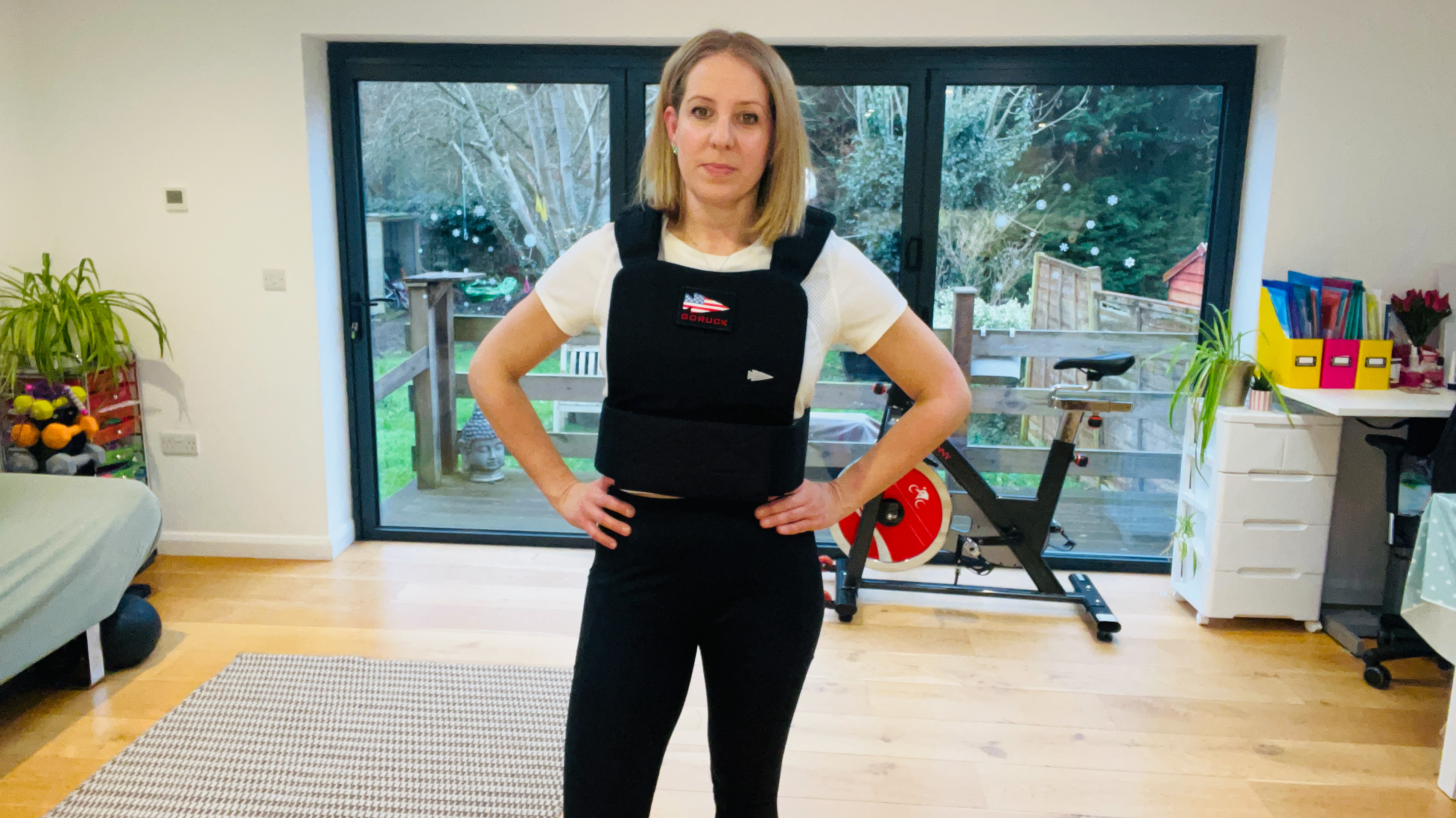 I’m a personal trainer and I tell all my clients to do this weighted workout to build muscle and bone health
I’m a personal trainer and I tell all my clients to do this weighted workout to build muscle and bone healthMake home training even more effective
By Maddy Biddulph Published
-
 I'm always stiff from sitting, so I tested out a 12-minute morning mobility routine to see if it could help
I'm always stiff from sitting, so I tested out a 12-minute morning mobility routine to see if it could helpThe short routine taught me a lot about my body
By Becks Shepherd Published
-
 Best vitamin D supplements
Best vitamin D supplementsBUYING GUIDE Take one of the best vitamin D supplements to give your mood a helping hand this winter
By Alice Ball Last updated
-
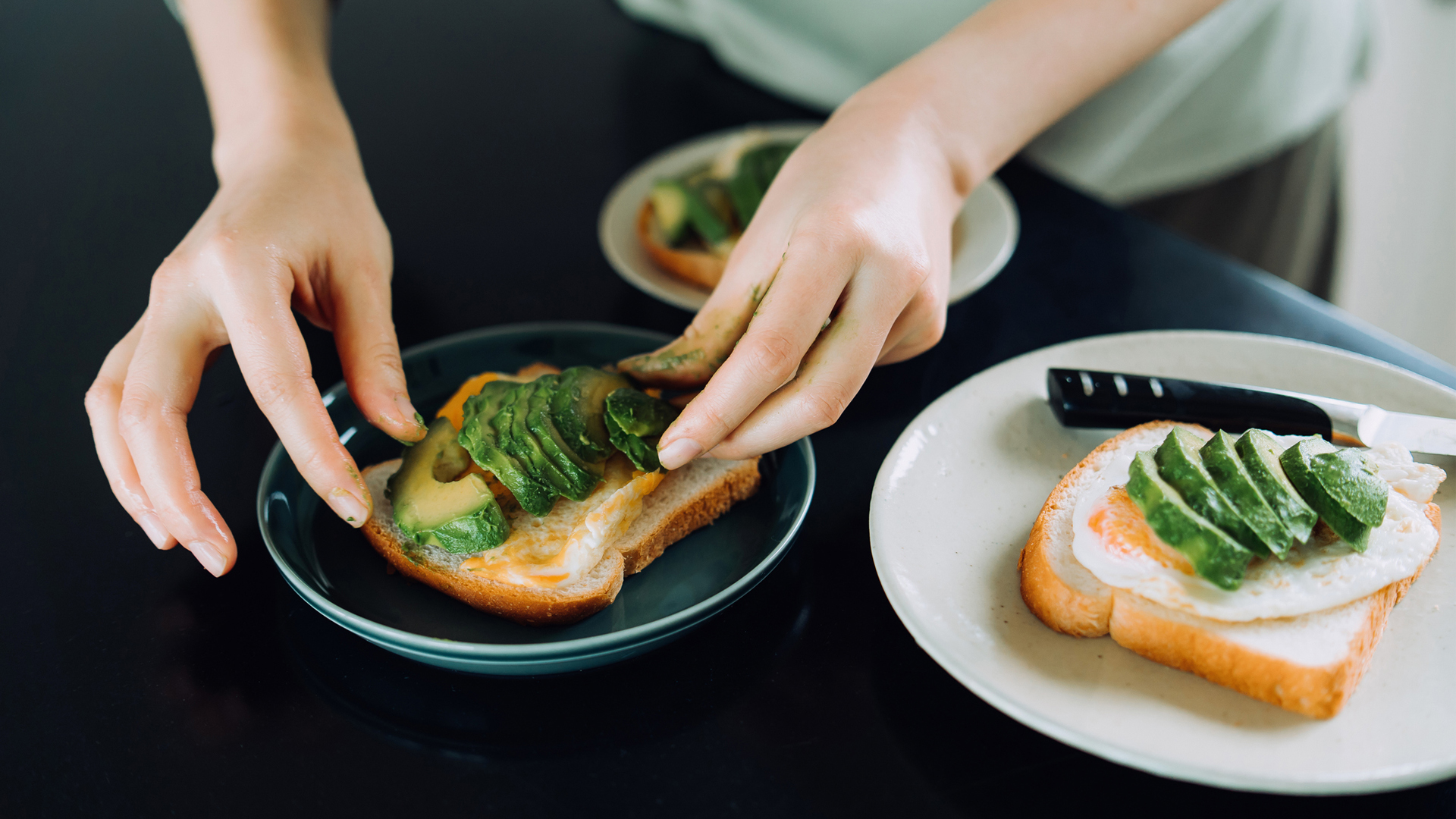 Six high fiber foods you should be eating
Six high fiber foods you should be eatingEnjoy these high fiber foods for better digestion and a healthier heart
By Anna Gora Last updated
-
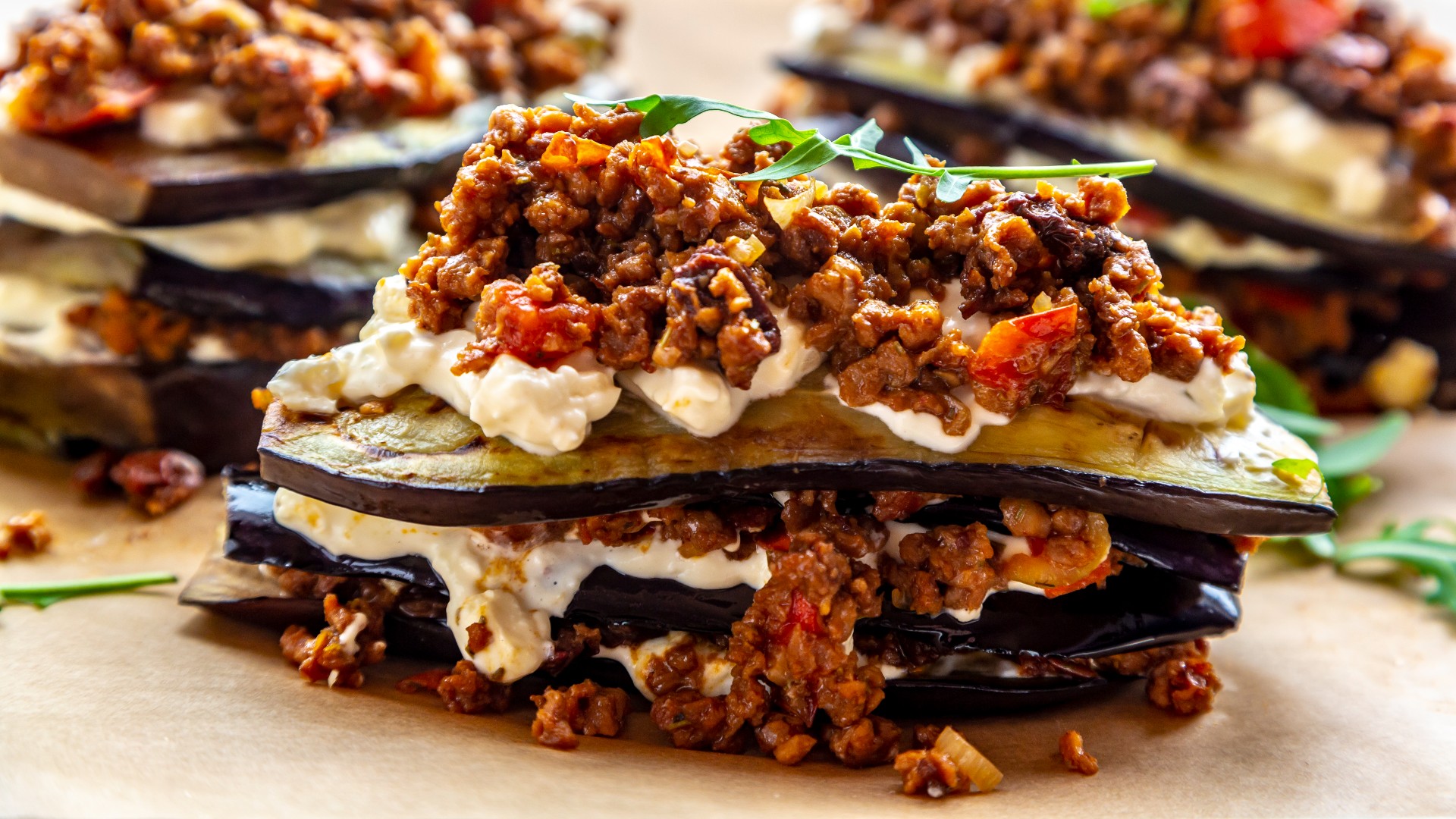 Easy low carb diet plan to help you eat well
Easy low carb diet plan to help you eat wellNutrition Looking for a low carb diet plan? We asked a dietician to share everything you need to know
By Alice Porter Last updated
-
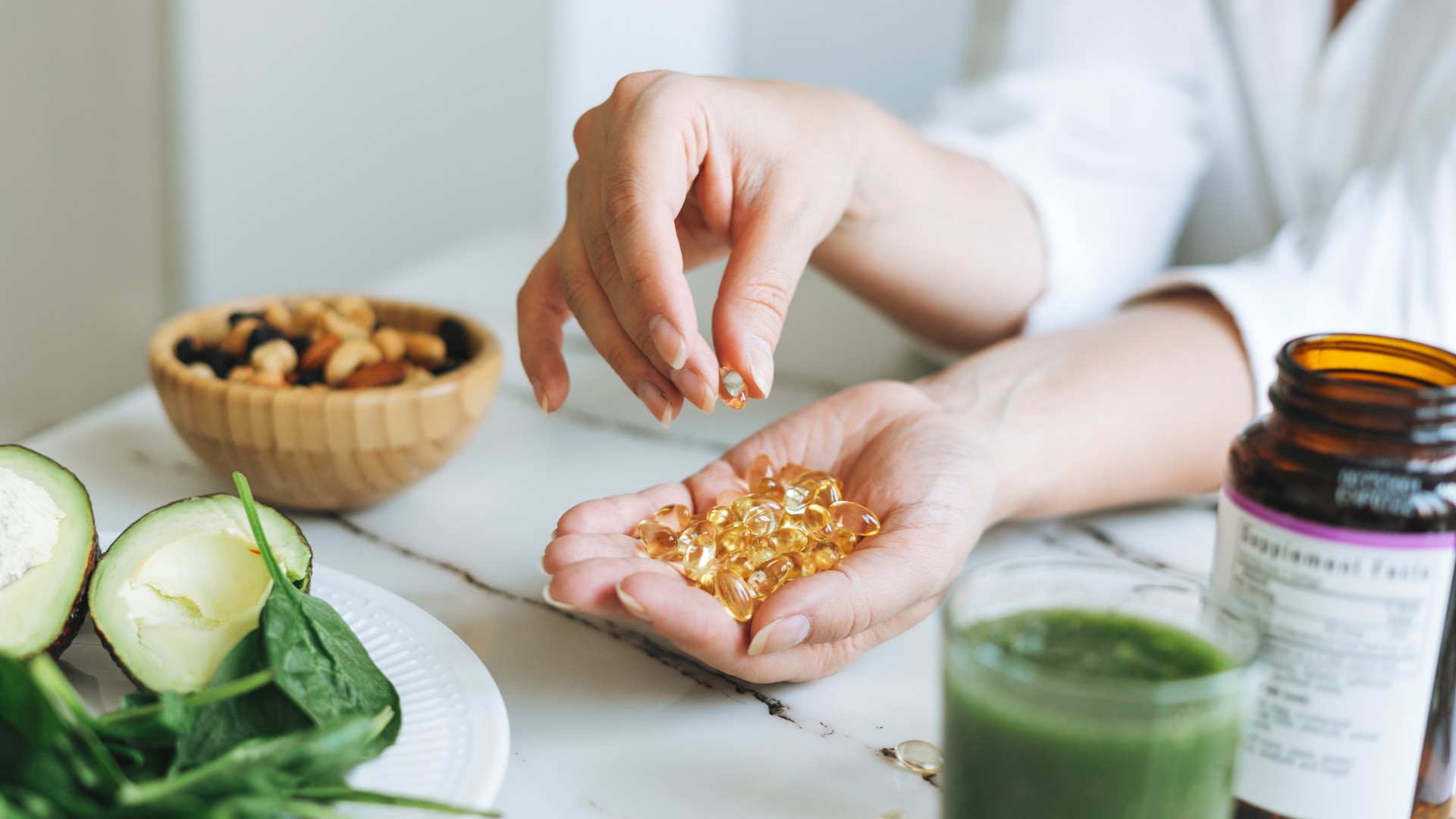 Do multivitamins work? Here’s what a nutritionist has to say
Do multivitamins work? Here’s what a nutritionist has to sayDo multivitamins work or is it better to take individual supplements? We find out which option is better and whether you need to supplement your diet at all
By Alice Porter Last updated
-
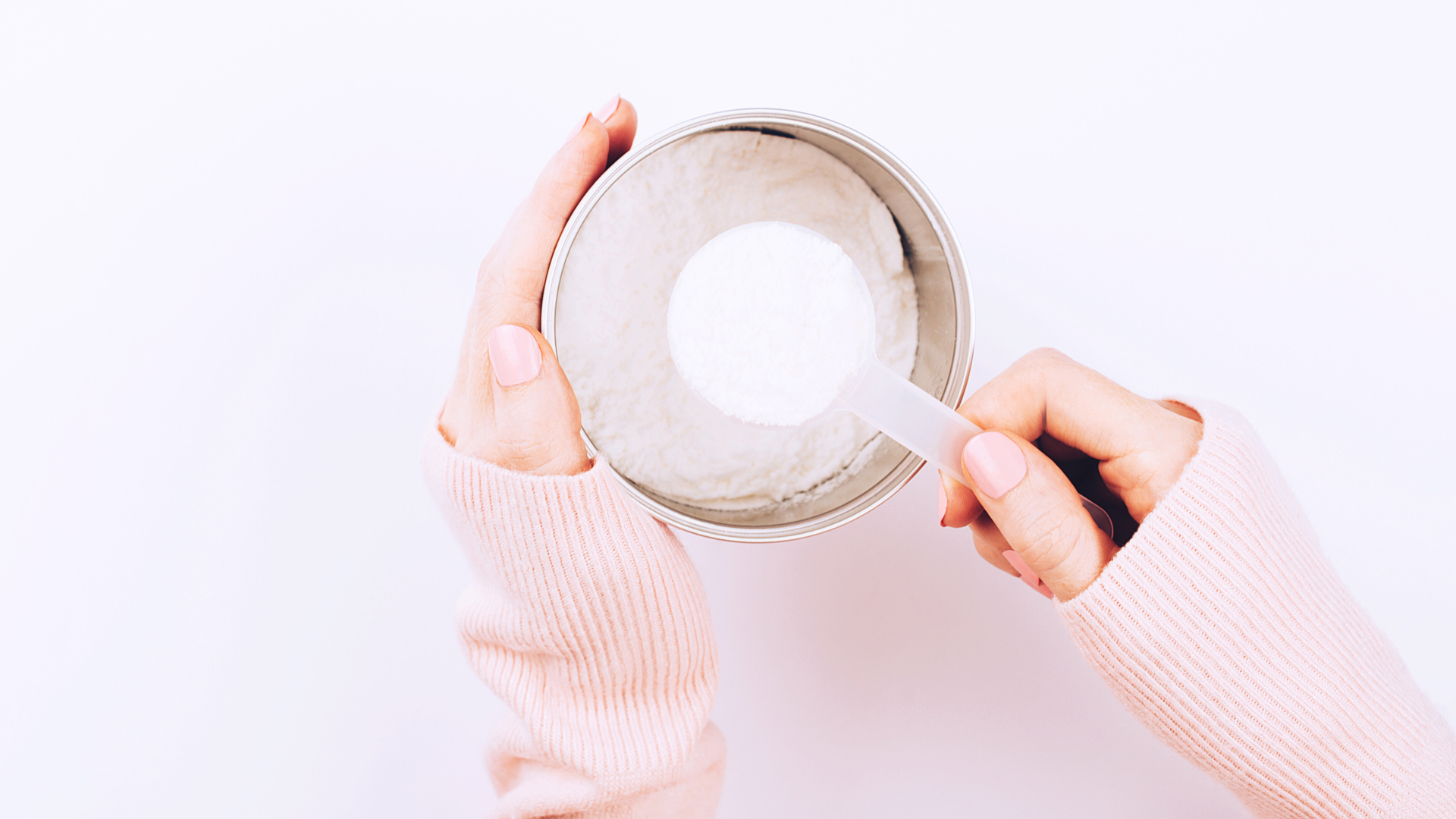 Collagen vs whey protein: what’s the difference?
Collagen vs whey protein: what’s the difference?Protein supplements are incredibly popular, but which type is best for your health? A dietician weighs up the pros and cons of collagen vs whey protein
By Alice Porter Published
-
 Foods for energy: what to eat to combat tiredness and fatigue
Foods for energy: what to eat to combat tiredness and fatigueFeeling tired? You may think that the only way to revive yourself is by going back to bed, but these foods for energy could help you feel full of life
By Alice Porter Published
-
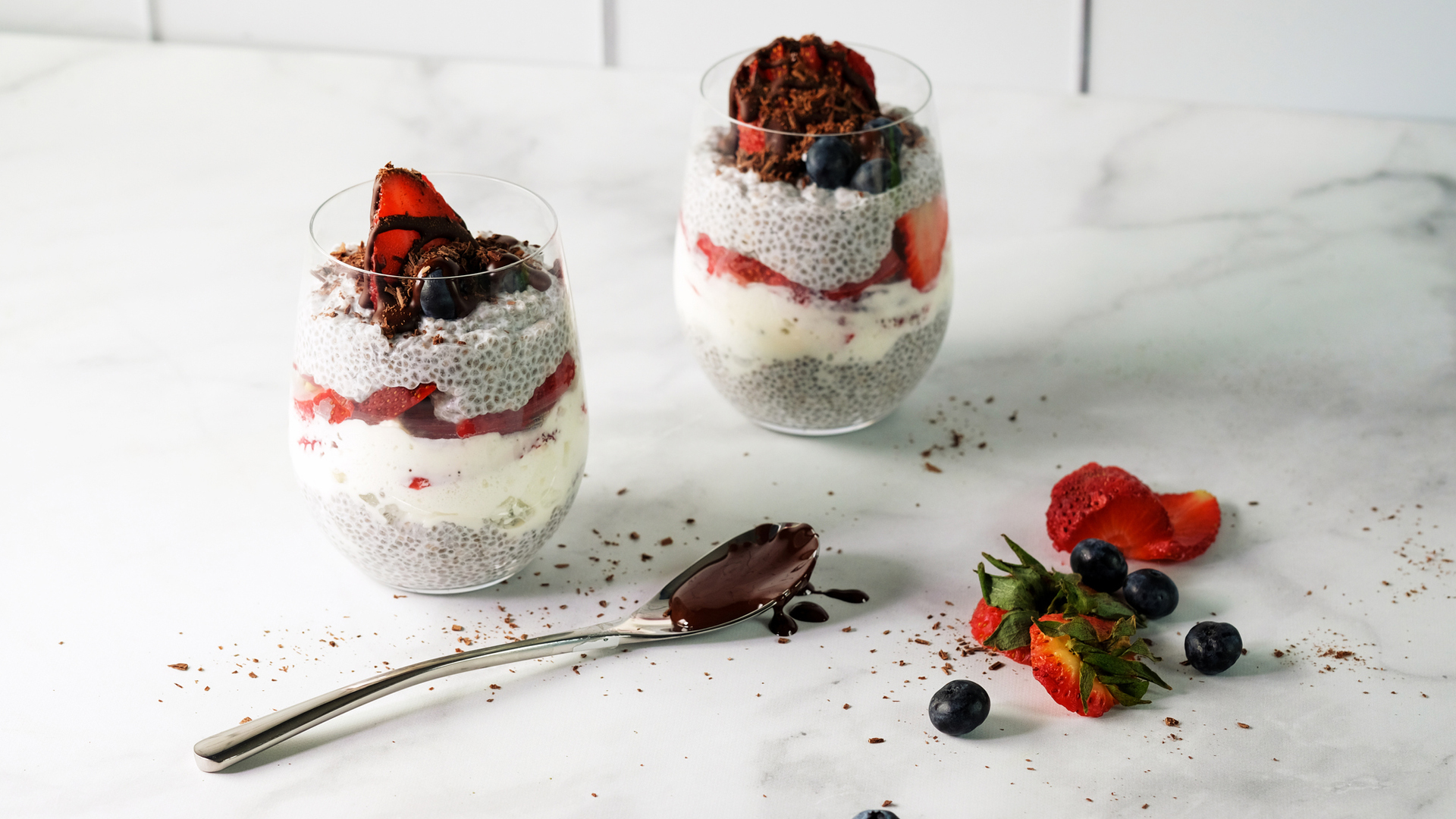 11 high protein desserts to satisfy your sweet tooth
11 high protein desserts to satisfy your sweet toothThese tasty high protein desserts will help to fill you up and build lean muscle
By Maddy Biddulph Last updated
-
 Which vitamins help anxiety?
Which vitamins help anxiety?Wondering which vitamins help anxiety? Here's everything you need to know
By Meg Walters Published